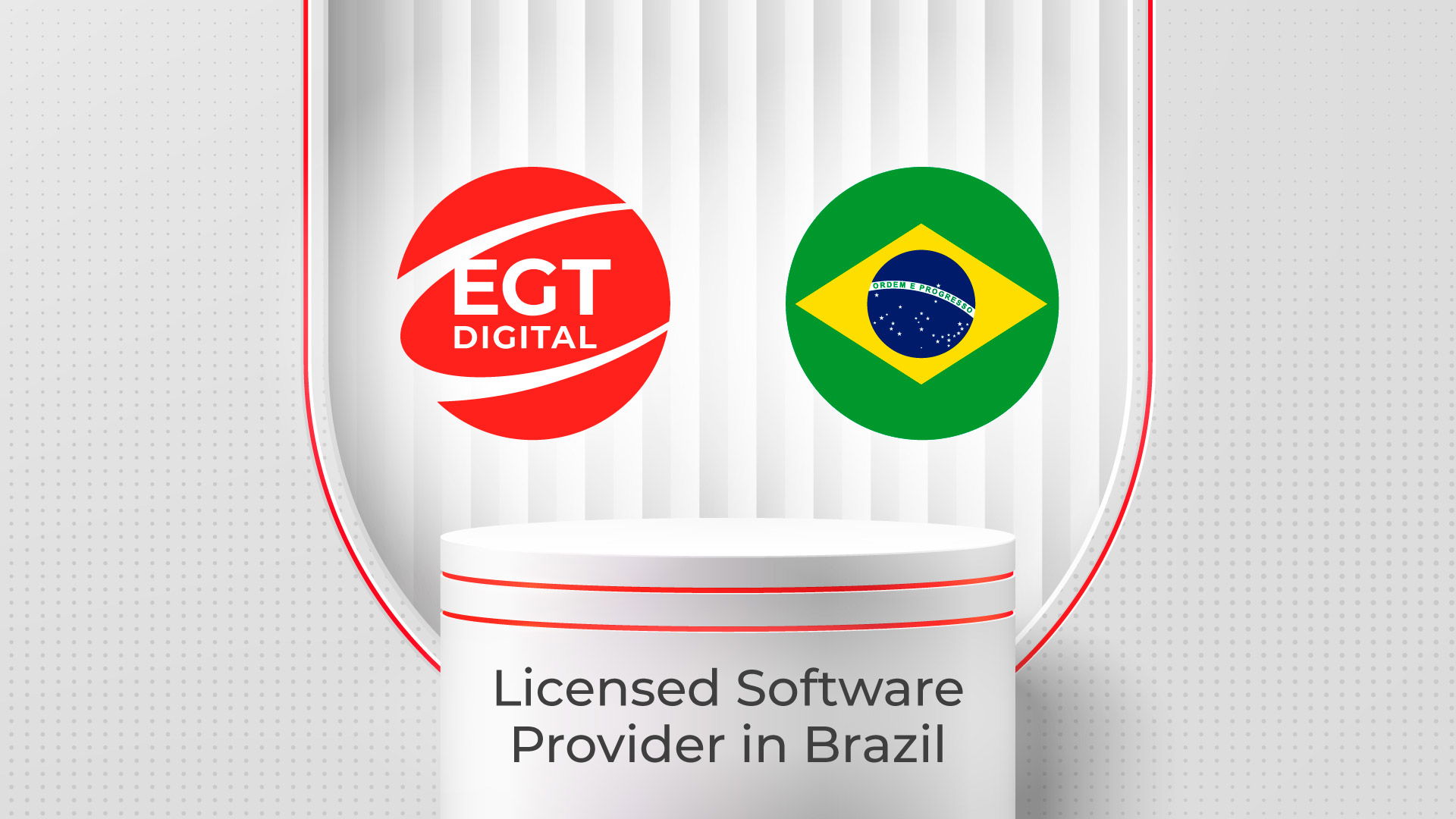Caesars CEO expects online sports betting to deliver profit by 2023 end as company scales back marketing spend

Caesars Entertainment’s CEO Tom Reeg expects the company’s digital gaming endeavors will become profitable by the end of fiscal year 2023, according to a report by Yahoo! Finance. The prediction comes as the casino giant seeks to cut sportsbook marketing in the US.
“Obviously, the couple of quarters before football season in '23 tend to be lower volume sports quarters, so lower loss anyway,” Reeg told analysts on an investors call Tuesday night, according to the cited source. “So is it possible? It sneaks a little bit earlier? I'd say that's possible. But I'd be banking on inflection in the fourth quarter (of 2023) as we sit here today.”
The company’s digital business, which consists of both iGaming and sports betting offerings, reported an Adjusted EBITDA loss of $554 million for the first quarter of the year. Caesars now hopes to drive profitability by cutting back marketing spending, which it reduced by more than $250 million in the period.
While the business launched aggressive spending tactics for the quarter, including up to a $2,000 deposit match for new customers in New York, the investments seemed to have delivered, providing Caesars with a 27% market share of the Empire State. This translates to $110.7 million in gross gaming revenue in what is the country’s top state for sports betting.

"We're going to target our promotional spending at our profitable customers, which is going to be a much smaller subset of that larger group," Reeg said, according to Yahoo!. "And that's going to have two significant changes.”
First of all, the move is set to build loyalty among the group that is targeted, and to drive profitability as the share of wallet is increased. But the company expects to still have activity from those that are not targeted to the same degree, although the profitability of those customers is going to change “dramatically” because they won’t be getting marketing offers.
FanDuel has thus far positioned itself as the New York leader, with a market share of about 40%. Caesars follows, while DraftKings places third at 24%. What most operators in the state have in common, though, is that most of them have launched aggressive promotional tactics that they are now scaling back.

For the first quarter of the year, Caesars posted net revenues of $2.3 billion, up from $1.8 billion for the comparable prior-year period. However, the company faced marked losses within its digital segment, and saw a companywide net loss widen to $680 million from $423 million in Q1 2021.
While the company has been cutting its promotional spending, Reeg also said the business has seen “no degradation in the sports betting handle share” despite this decision. In addition to the New York debut, part of the EBITDA loss in the quarter is also attributable to a launch in Louisiana.
Reeg told investors losses began to reduce by the end of the quarter, as the measures were already in place: digital EBITDA loss for March was at $44 million, indicating a normalization of business following the heavy-spending launch period.
Looking forward, customer acquisition spending may not see the increases it did in Q1. While more states seek to join the sports betting action, the only launch which would have significant costs surrounding it in the near future is Ohio, according to Reeg.


















































